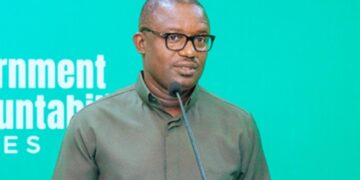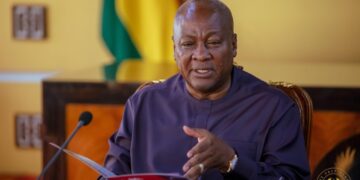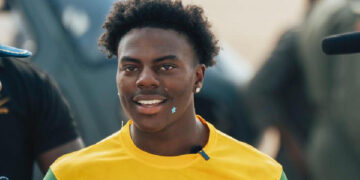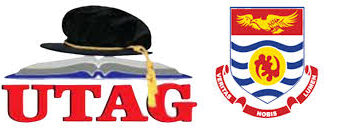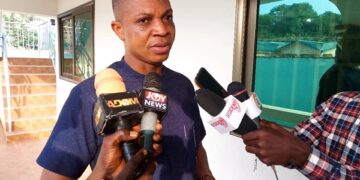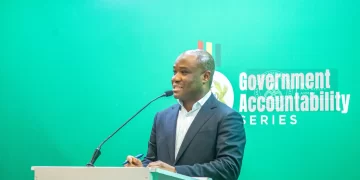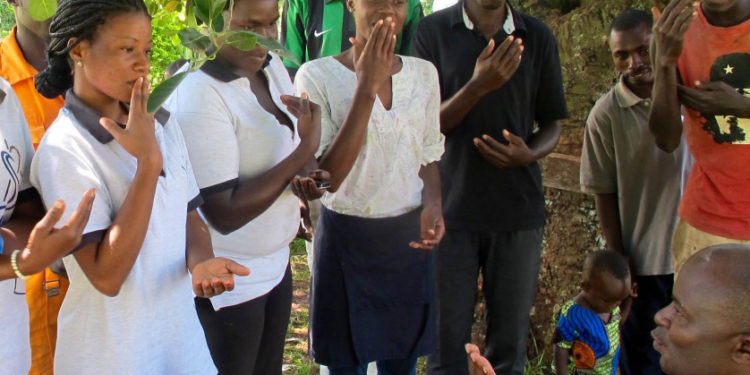The Public Relations officer (PRO) for the Association of Student’s with Disability here at the University of Cape Coast, Miss Mabel Agyei-Tsumasi has appealed to university Management to extend the learning of sign languages to all programmes read in the University.
This she indicated will aid students who are not hearing impaired to communicate effectively with those with the challenge.
During ATLFM’s time with the Centre for Gender, Research, Advocacy and Documentation (CEGRAD) on the ATLANTICWAVE, Miss Agyei-Tsumasi also shared a number of challenges members of the Association are facing and suggested some ways those challenges can be addressed to ensure their wellbeing.
“I have observed so many things which I think is really disturbing us especially those of us with disability”
“For the challenges, especially with some of the lecture theaters which were built some years ago, those of us who are physically challenged find it difficult to access them and this is very disturbing. There are some places on campus we can’t access personally. By the time you find your way to the place you are lost. In our halls of residence, we should get reading rooms separate from the library to help with our nature of studying,” she said.
On her part, a resource person for students with visual impairment at the Resource Centre for Alternative Media and Assistive Technology (R-CAMAT) at the University of Cape Coast, Madam Ivy Ama Kpodo indicated that the University is much aware of the challenges faced by the students with disability and for that matter have been putting in much effort to ensure that such students have a conducive environment to live in and study.
“UCC is doing its best and the evidence is seen in the fact that it is the first public university in Ghana to draft the disability policy for students. Existing facilities are challenges to our students. However, making the various facilities in the university disability friendly is a process and that is why recent buildings been put up in the university are now made disability friendly,” she noted.
The World Health Organization (WHO) estimates that over a billion people representing about 15 percent of the world’s population have some form of disability.
According to the UN Development Programme (UNDP), eighty percent of such persons live in developing countries.
In Ghana, an estimated of five million people are said to be living with disabilities and to ensure that these people live comfortably in society, Ghana in 2006 passed the Persons with Disability Act (715) to make it mandatory for all public places to be made disability friendly and these included buildings in tertiary institutions.
Thus, the University of Cape Coast in recent times ensures that every building it puts up is disability friendly. In these buildings are put standard ramps and elevators for students with physical challenges as well as rails for students with visual impairments.
Moreover, in 2012, a Disability Policy for UCC was drafted and the Centre that was assisting those with disability was named Resource Centre for Alternative Media and Assistive Technology (R-CAMAT).
This was necessitated to bring all students with disabilities together and provide them with access to quality education.
However, when this was deemed narrow and could not cover the entirety of disabilities, the name was changed in 2020 to Centre for Persons With Special Needs to cater for all manner of students and staff and visitors with learning disabilities.
University of Cape Coast has also over the years increased its academic support for students with disabilities to increase their educational achievements.
Source: Rosemond Asmah/ATLFMNEWSROOM


